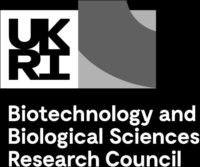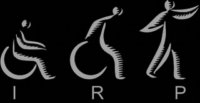 Matt just published the fruits of his post-doc work with Juan Burrone as a Nature paper. Using dissociated cultures of hippocampal neurons, they showed that long-term increases in electrical activity can result in the relocation of an entire neuronal subcompartment – the axon initial segment, or AIS – up to 17 µm away from the cell body. What’s more, this relocation is associated with alterations in neuronal excitability, making it a mechanism by which cells fine-tune themselves in response to ongoing changes in their activity.
Matt just published the fruits of his post-doc work with Juan Burrone as a Nature paper. Using dissociated cultures of hippocampal neurons, they showed that long-term increases in electrical activity can result in the relocation of an entire neuronal subcompartment – the axon initial segment, or AIS – up to 17 µm away from the cell body. What’s more, this relocation is associated with alterations in neuronal excitability, making it a mechanism by which cells fine-tune themselves in response to ongoing changes in their activity.
The paper appeared alongside another Nature letter from Hiroshi Kuba and colleagues at Kyoto University, who also found evidence for considerable plasticity at the AIS, this time in vivo. In chick auditory system neurons, extended sensory deprivation was associated with an increase in AIS length, and an accompanying increase in neuronal excitability. Like Matt & Juan’s paper, this shows neurons altering their AIS to adapt to long-term changes in their electrical input. What will be really interesting in future will be to understand why these alterations are sometimes solely in AIS position, and sometimes only in AIS length…
Both papers are discussed and put into a wider context by a nice News & Views article by Grundemann and Hausser. You can also listen to Matt and Juan discussing their paper in the Nature NeuroPod podcast, and read an interesting and pretty accessible account of the work on the Alzforum website.
There’s also a review on AIS development and plasticity written by Matt & Juan published online in Current Opinion in Neurobiology this month. Just a shame we didn’t know about the Kuba et al. paper while we were writing it!




